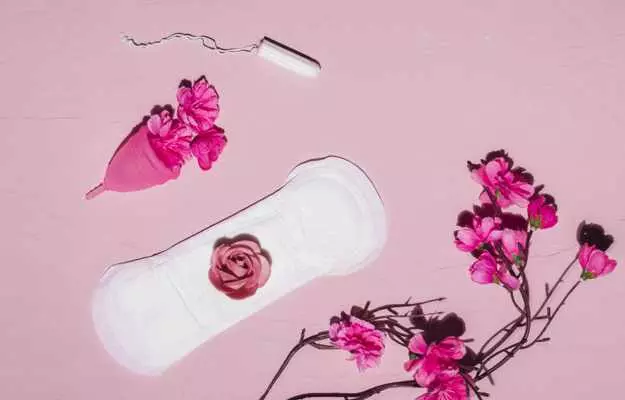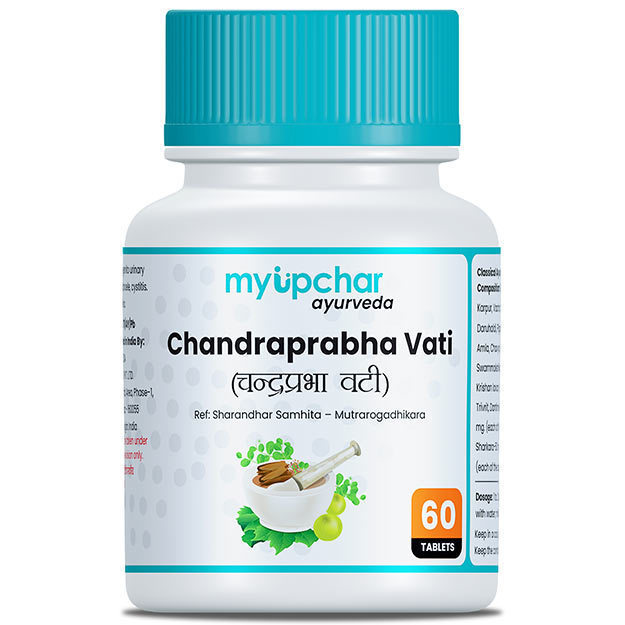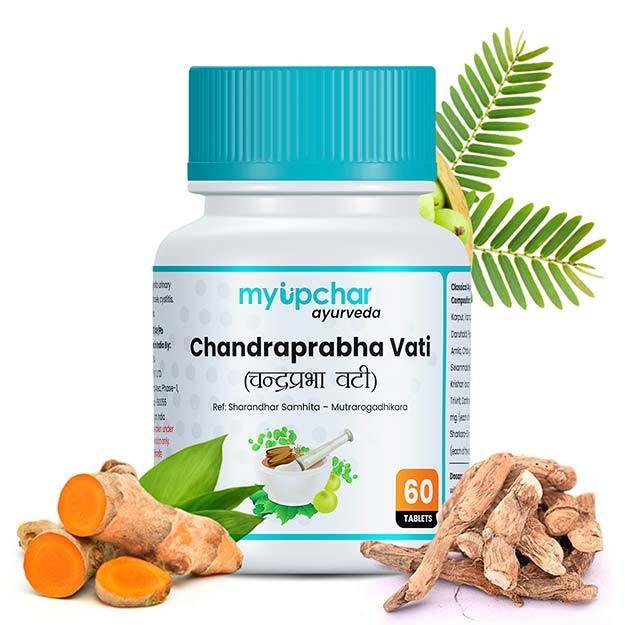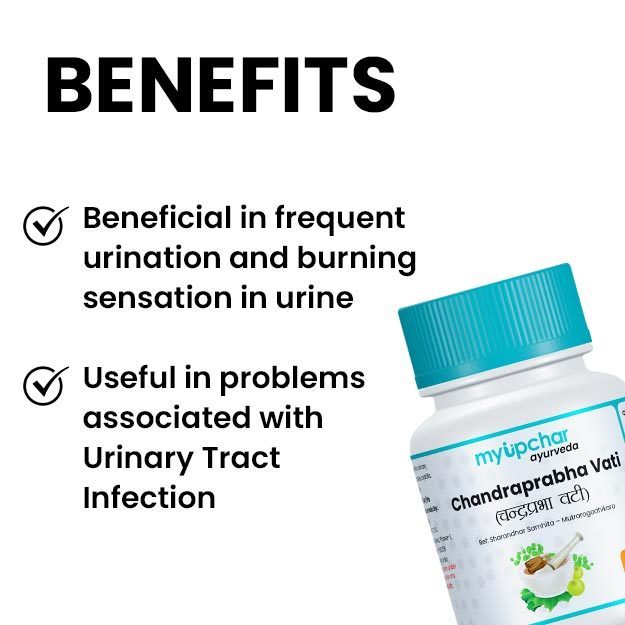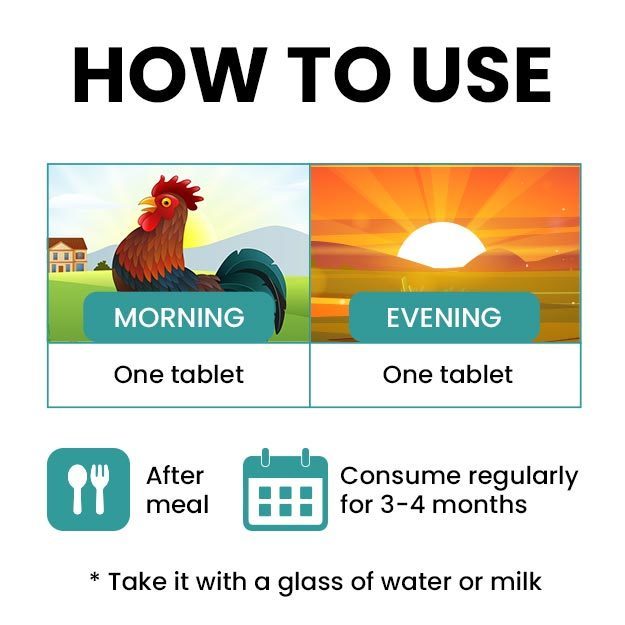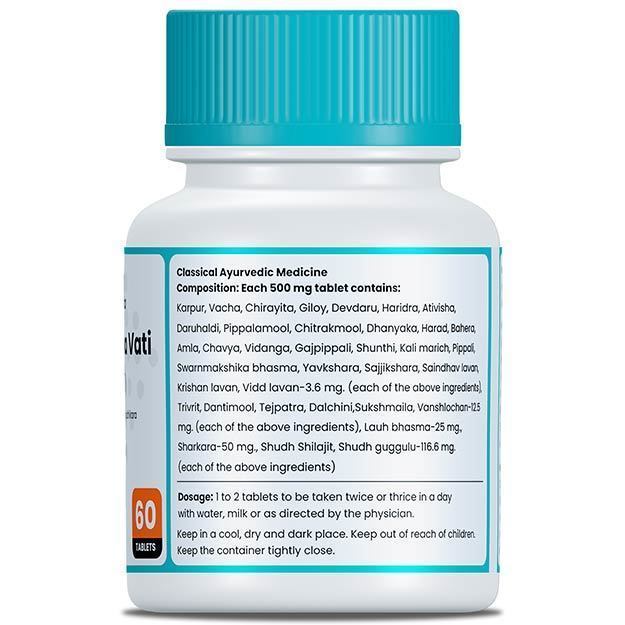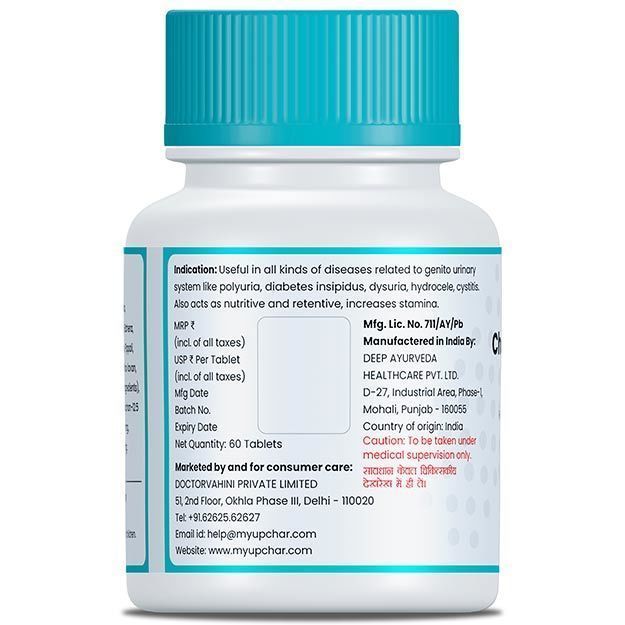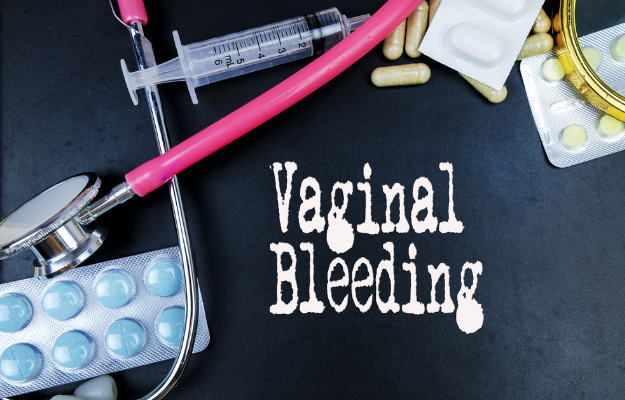If you are not pregnant, then you must be getting periods every month and every girl knows about it from the age of 10-12 years. On average, every woman has about 450 periods in her lifetime.
With this cycle of menstruation, women have to face many problems like stomach pain, irritability, flatulence, mood swings during those 4-5 days every month. Despite this, even today menstruation is considered a taboo in our society and no one talks about it openly, due to which a large number of girls and women are at risk of infection during menstruation and due to this they can also get many serious reproductive diseases.
(Read more:White discharge before period)
If hygiene is taken care of during periods, then vaginal infection, yeast infection, urine infection and many other problems occurring during pregnancy can be avoided. Therefore, menstrual hygiene does not only mean changing pads, but there are many other things related to it which you should know about.


